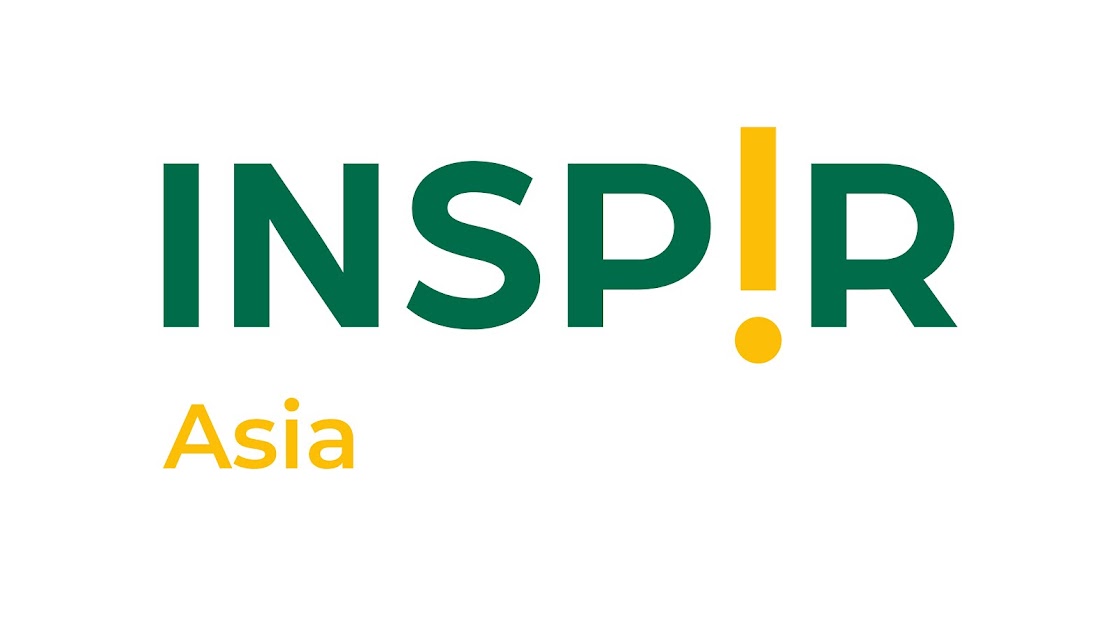We all know that strong social protection makes a country and its population more resilient to shocks. It is therefore undoubtedly better for people to receive a decent replacement income than to depend on emergency aid. Yet no less than 55% of the world's population does not benefit from any form of social protection and 71% is insufficiently protected throughout their life. COVID-19 and the measures taken to contain the virus make the shortages painfully clear. WSM analysed the development cooperation expenditure in Belgium and the EU for humanitarian assistance and social protection. We notice a lot of good intentions, but in practice (and budgets), the policy seems to have missed the right track with a lot more budget for the short term, (reactive) response than for the long term (proactive), stronger social protection.
About this site
This website focuses on issues regarding social protection in Asia and the activities done by the Network on Social Protection Rights (INSP!R) and its members. It is under the editorial oversight from the Asia Steering Committee, composed out of members from India, Bangladesh, Nepal, Cambodia, Indonesia and Philippines. It is meant to foster dialogue and share experiences.
The articles describe challenges and achievements to improve the right to social protection to workers in the region, with a specific focus to gender, youth and informal workers.
25 June 2020
24 June 2020
States in danger when they want to protect their populations? - The "investor-state dispute settlement" mechanism in Covid-19 time - 600 social organizations from 90 countries are reacting!
 States are facing a wave of Investor-State Dispute Settlement (ISDS) lawsuits that could expose these crucial government measures to multi-million dollar claims from foreign investors. The number of such claims could also be unprecedented and could possibly impose significant financial burdens on governments already facing devastating health and economic crises. Lawsuits could arise from actions taken by many governments trying to, for example, ensure access to clean water for hand washing by freezing utility bills and suspending cut-offs, or to ensure that medicines, tests and vaccines are affordable for people.
States are facing a wave of Investor-State Dispute Settlement (ISDS) lawsuits that could expose these crucial government measures to multi-million dollar claims from foreign investors. The number of such claims could also be unprecedented and could possibly impose significant financial burdens on governments already facing devastating health and economic crises. Lawsuits could arise from actions taken by many governments trying to, for example, ensure access to clean water for hand washing by freezing utility bills and suspending cut-offs, or to ensure that medicines, tests and vaccines are affordable for people. 19 June 2020
ILO Convention 190: One year later....
In June 2019, the ILO adopted the Violence and Harassment Convention, 2019 (No. 190) and its supplementing Recommendation (No. 206). Violence and harassment is unacceptable anywhere and at any time, whether in times of prosperity or of crisis. Nevertheless, the risk of violence and harassment is even higher in crises, including during the current COVID-19 outbreak.
To mark the first anniversary of the adoption of both instruments, the ILO will organize a virtual high-level event with the participation of the ILO Director-General, Mr Guy Ryder, to discuss their role in responding and recovering from the current COVID-19 pandemic.
WSM and the members of the network on the right to social protection were strongly invested in the drafting and passing of the ILO Convention 190 regarding Violence and Harassment in the world of work. Today, two members of the ANRSP attended the ILO webinar. Sulistri from KSBSI shared:"Uruguy is the first country which ratified C190 and Fiji’s ratification has already reached ILO Geneva."
Sr Christy from National Domestic Workers Movement in India added:"ILC190 is even more relevant in COVID-19 pandemic times. Violence against those caring for the sick, disabled and health workers are increasing. There are limited opportunities for trade unions, people's movement and organisations to intervene. We should initiate policy making and awareness raising and it is more important than ever to push governments to ratify and implement the Convention, as C190 protects all range of workers, formal and informal, as well as ethnic groups."
Subscribe to:
Posts (Atom)

